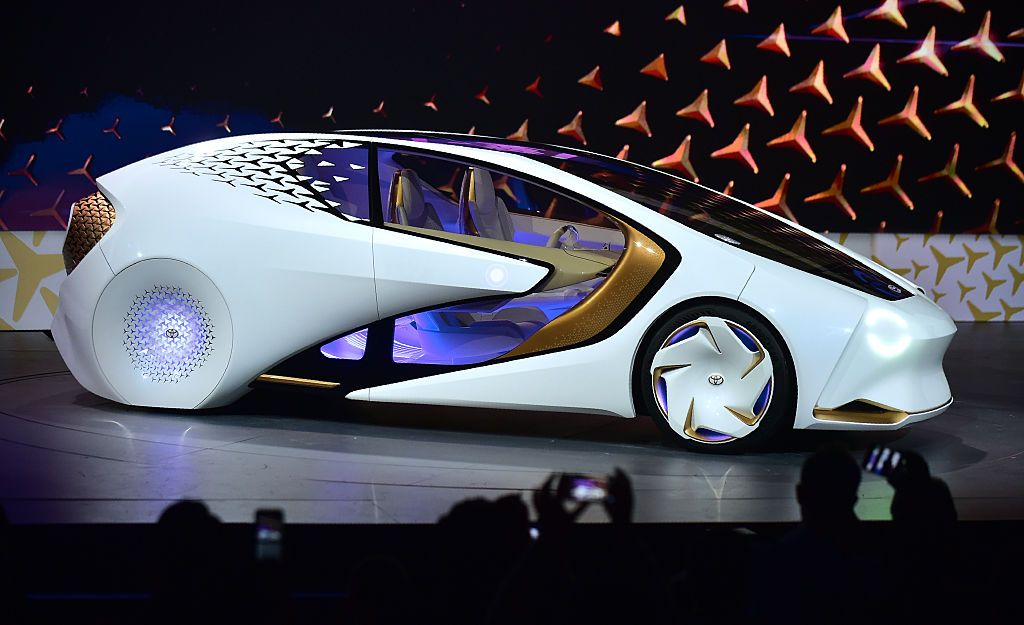Citroën's Traction Avant (front wheel drive) series was in production from 1934 into 1957 with some time out during World War 2. Over that span, there were three basic models. The entry-level was the 7 CV (tax horsepower), the main version was the 11 CV, both models powered by four cylinder motors, and a six-cylinder 15 CV. There were three major sedan body styles: a short four-window sedan, a somewhat longer four-window sedan and a long six-window sedan. There also were coupés, cabriolets, and sedans with commercial vehicle features among the lesser types.
Over the long (for its time) production run, Traction Avant styling changed little. When researching this post, I found a number of images on the internet whose model year identifications were wrong -- in at least one case, it was off by more than ten years! Which is why the model year identifications below need to be taken with caution; I tried my best given the sources in my library, but I could easily be off by a few years. Citroën mavens should feel free to provide corrections in comments.
Citroën 7A of 1934 or 1935. For 1936 grill frame brightwork was eliminated and headlights received curved lenses.
A 1934 vintage 11 CV coupé.
This 1936 11 CV seems to be a factory test car; note the lack of horn grilles and grille medallion.
A 1939 11 BL (B Légère -- short body).
By 1947, Citroën Traction Avants had louvres on their hoods rather than doors. Headlight assemblies are painted rather than chromed.
Here is a 15 CV from 1952. The 15s can be distinguished by the convex shaping of their grilles.
This 1955 11 CV exemplifies Citroën Traction Avant styling the year the new DS line appeared. Horizontal front bumpers were on 11 CVs in 1951 and on 15 CVS the year before.
And in 1957 the final Traction Avant, an 11 CV, left the production line.
Citroën's Traction Avant (front wheel drive) series was in production from 1934 into 1957 with some time out during World War 2. Over that span, there were three basic models. The entry-level was the 7 CV (tax horsepower), the main version was the 11 CV, both models powered by four cylinder motors, and a six-cylinder 15 CV. There were three major sedan body styles: a short four-window sedan, a somewhat longer four-window sedan and a long six-window sedan. There also were coupés, cabriolets, and sedans with commercial vehicle features among the lesser types.
Over the long (for its time) production run, Traction Avant styling changed little. When researching this post, I found a number of images on the internet whose model year identifications were wrong -- in at least one case, it was off by more than ten years! Which is why the model year identifications below need to be taken with caution; I tried my best given the sources in my library, but I could easily be off by a few years. Citroën mavens should feel free to provide corrections in comments.
Citroën 7A of 1934 or 1935. For 1936 grill frame brightwork was eliminated and headlights received curved lenses.
A 1934 vintage 11 CV coupé.
This 1936 11 CV seems to be a factory test car; note the lack of horn grilles and grille medallion.
A 1939 11 BL (B Légère -- short body).
By 1947, Citroën Traction Avants had louvres on their hoods rather than doors. Headlight assemblies are painted rather than chromed.
Here is a 15 CV from 1952. The 15s can be distinguished by the convex shaping of their grilles.
This 1955 11 CV exemplifies Citroën Traction Avant styling the year the new DS line appeared. Horizontal front bumpers were on 11 CVs in 1951 and on 15 CVS the year before.
And in 1957 the final Traction Avant, an 11 CV, left the production line.




















EmoticonEmoticon